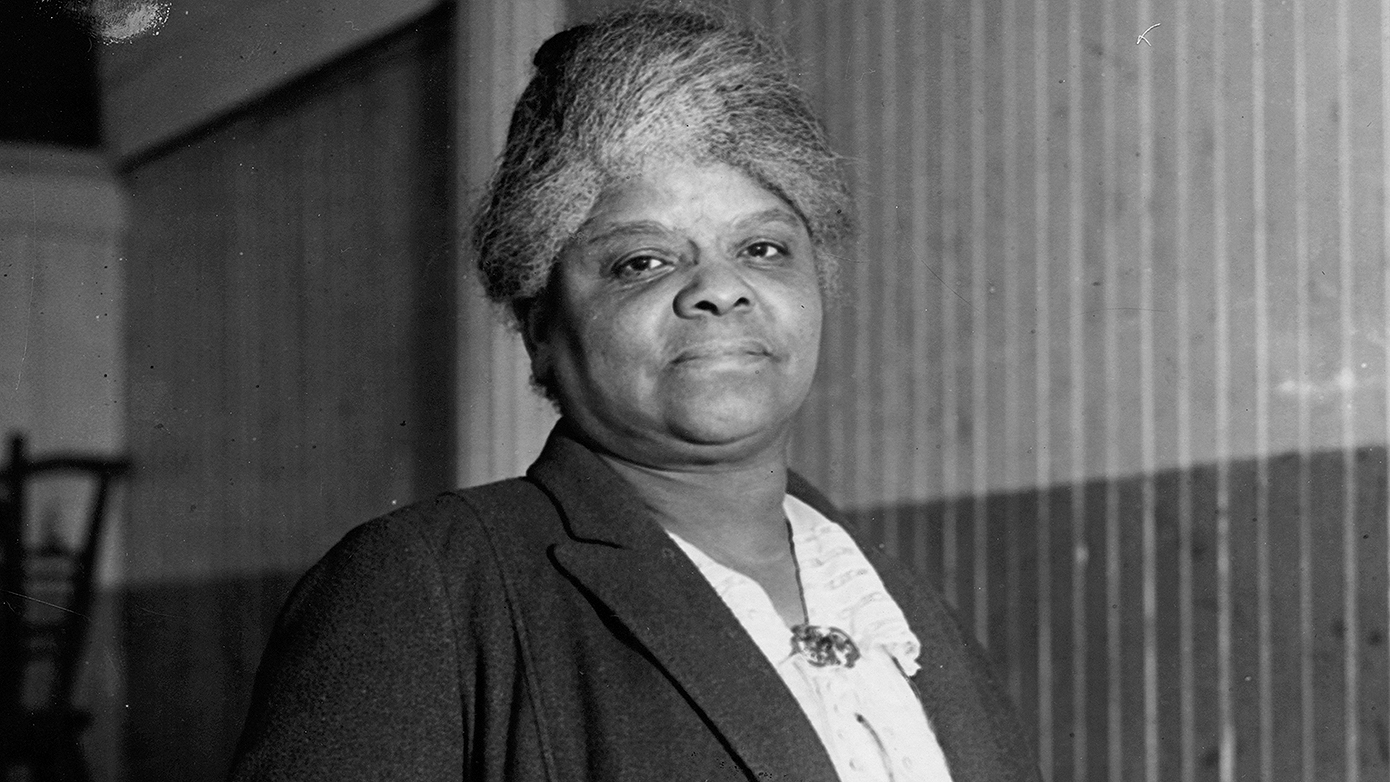Ida B. Wells-Barnett (1862–1931) was a pioneering African American journalist, activist, and suffragist who became a prominent voice in the fight against racial injustice and lynching in the United States. Born into slavery in Holly Springs, Mississippi, on July 16, 1862, Wells-Barnett’s early life was marked by the Reconstruction era’s tumultuous efforts to integrate freed slaves into American society. Her parents, James and Elizabeth Wells, instilled in her a profound commitment to education and equality, which would shape her life’s work.
After the Civil War and the abolition of slavery, Wells-Barnett pursued education at Rust College, a school established by the Freedmen’s Aid Society of the Methodist Episcopal Church. Tragedy struck in 1878 when a yellow fever epidemic claimed the lives of her parents and youngest sibling. At just 16, she assumed responsibility for her remaining siblings, moving to Memphis, Tennessee, where she found work as a teacher to support her family.
Wells-Barnett’s career in journalism began in the 1880s when she became the co-owner and editor of the Memphis Free Speech and Headlight, an African American newspaper. Her fearless reporting exposed the brutal realities of lynching in the South, challenging the mainstream narrative that often justified such acts as necessary for maintaining social order. In 1892, following the lynching of three of her friends in Memphis, she wrote a series of investigative articles that brought national attention to the issue. Her office was subsequently destroyed by a white mob, forcing her to relocate to Chicago.
I felt that one had better die fighting against injustice than to die like a dog or rat in a trap.
Ida B. Wells
I had already determined to sell my life as dearly as possible if attacked.
I felt if I could take one lyncher with me, this would even up the score a little bit.
In Chicago, Wells-Barnett continued her advocacy, co-founding the National Association of Colored Women (NACW) in 1896 and later the National Association for the Advancement of Colored People (NAACP) in 1909. She also worked tirelessly for women’s suffrage, believing that enfranchisement was crucial for achieving racial justice. Her pamphlet “Southern Horrors: Lynch Law in All Its Phases” (1892) and its sequel “The Red Record” (1895) documented the widespread atrocities of lynching and debunked the myth of black male sexual violence against white women, which was often used to justify these heinous acts.
Wells-Barnett married Ferdinand L. Barnett, a prominent attorney and founder of the first African American newspaper in Chicago, in 1895. Together, they raised four children while continuing their activism. She balanced her family responsibilities with her work, demonstrating a remarkable ability to navigate the intersecting challenges of race, gender, and motherhood.
The way to right wrongs is to turn the light of truth upon them.”
Ida B. Wells
Throughout her life, Wells-Barnett remained a steadfast advocate for justice and equality. Her work laid the groundwork for future civil rights movements and inspired generations of activists. Despite facing relentless threats and opposition, she never wavered in her commitment to exposing the truth and fighting for the rights of African Americans.
Ida B. Wells-Barnett passed away on March 25, 1931, leaving behind a legacy of courage, resilience, and unwavering dedication to justice. Her contributions to journalism, civil rights, and women’s suffrage continue to be celebrated and studied as foundational elements of American history. Wells-Barnett’s life serves as a powerful reminder of the enduring impact one individual can have in the struggle for human rights and equality.
- Ida B. Wells – Wikipedia
- Ida B. Wells-Barnett | Biography, Lynching, & Facts | Britannica
- When Ida B. Wells Took on Lynching, Threats Forced Her to Leave Memphis | HISTORY
- Ida B. Wells – Quotes, Facts & Children (biography.com)
- Ida B. Wells-Barnett | National Women’s History Museum (womenshistory.org)
